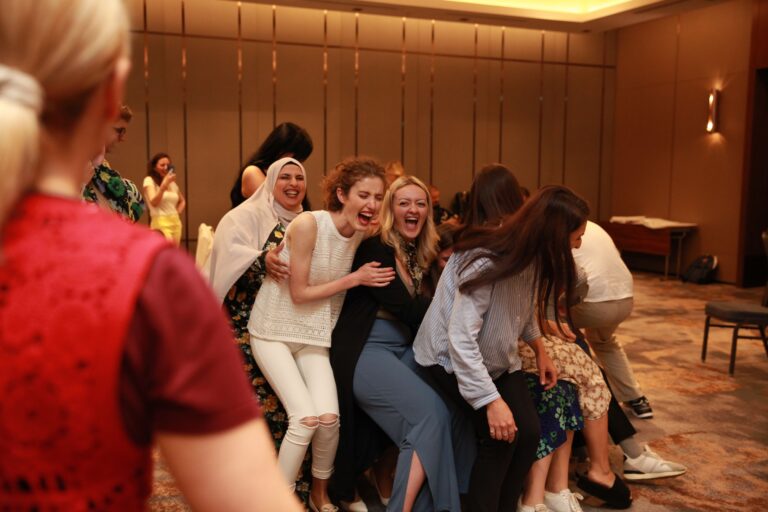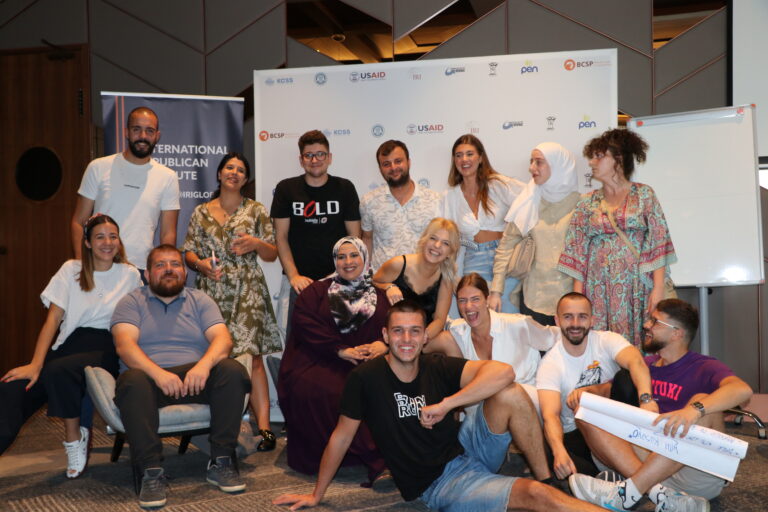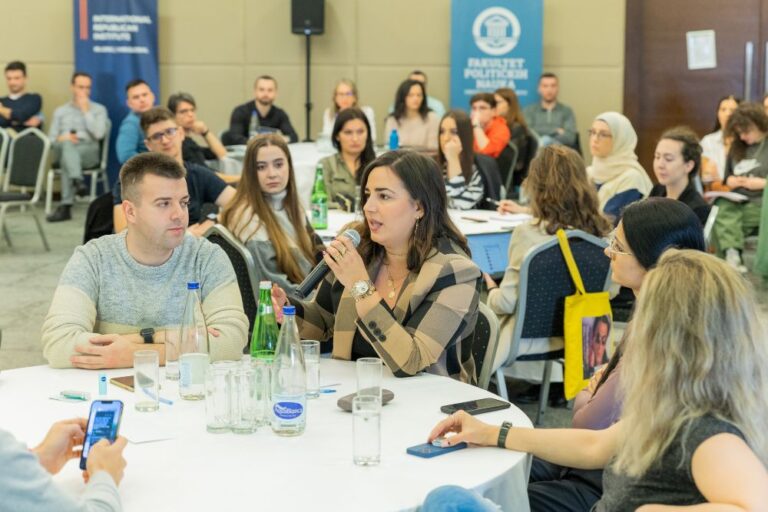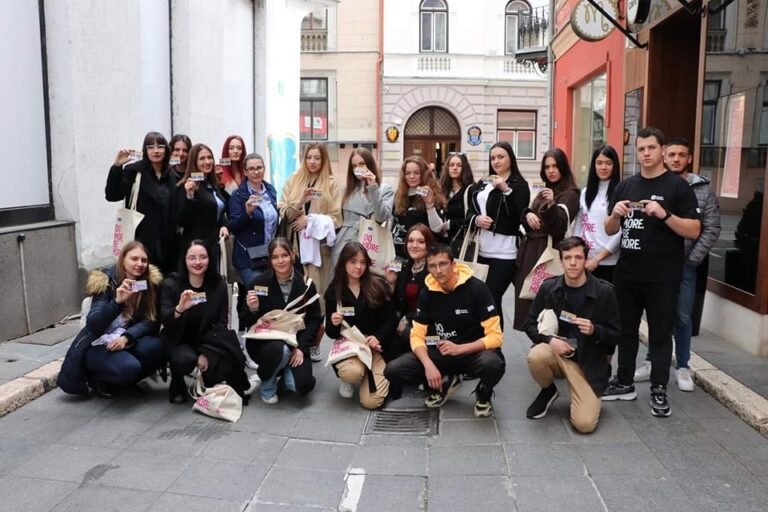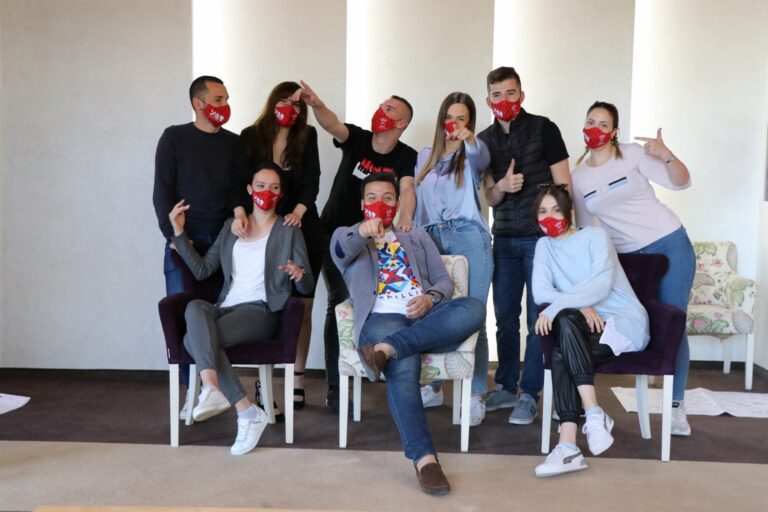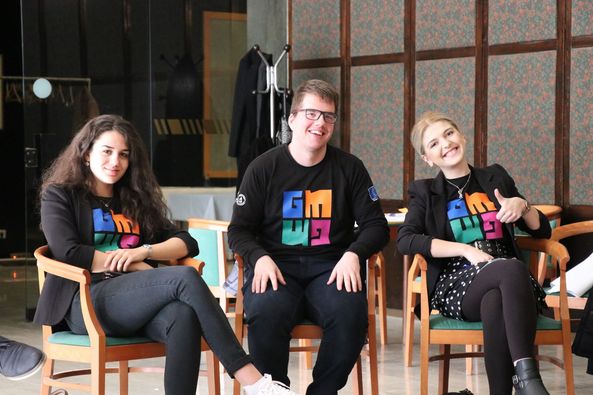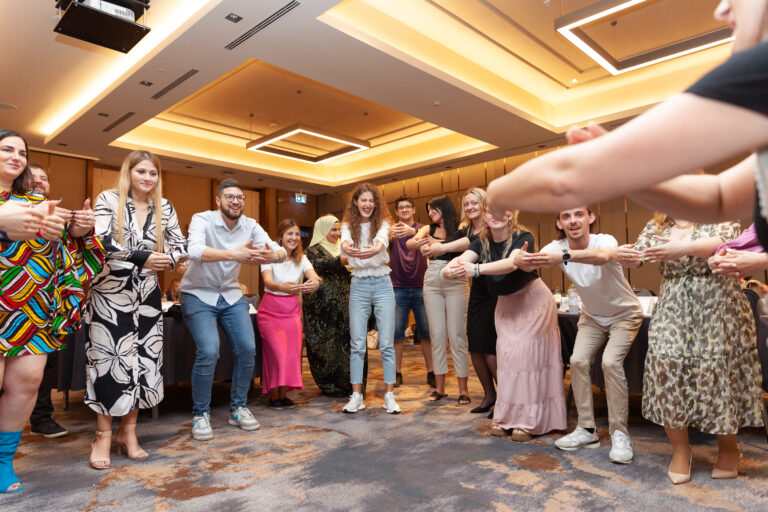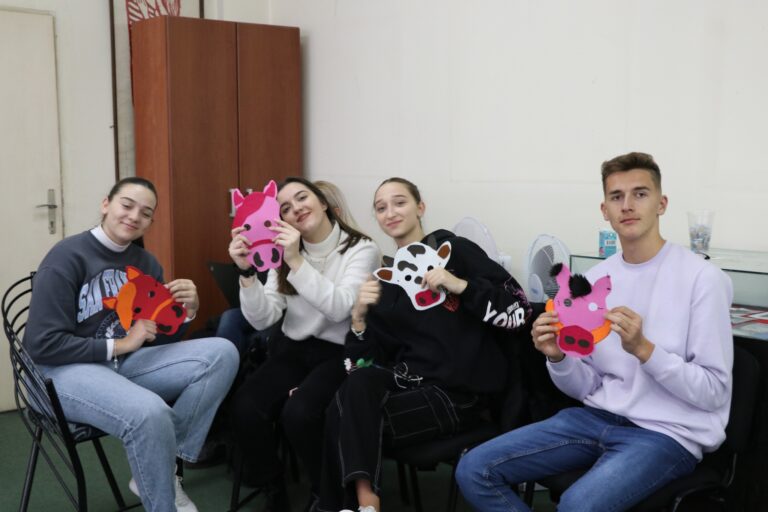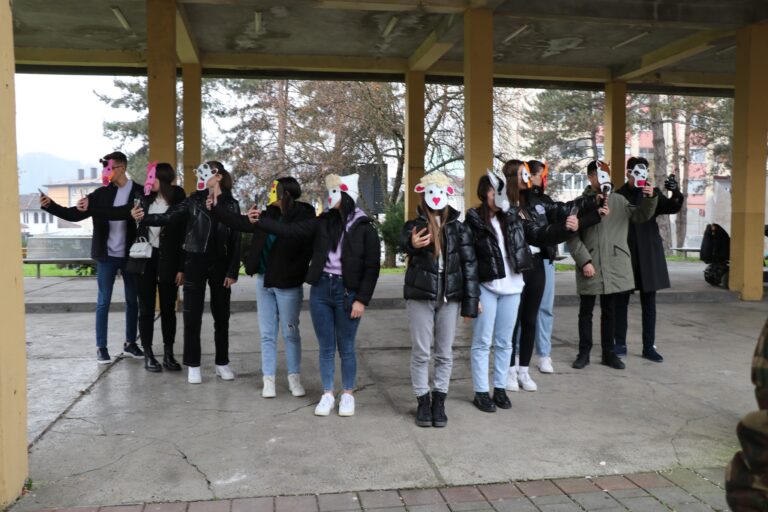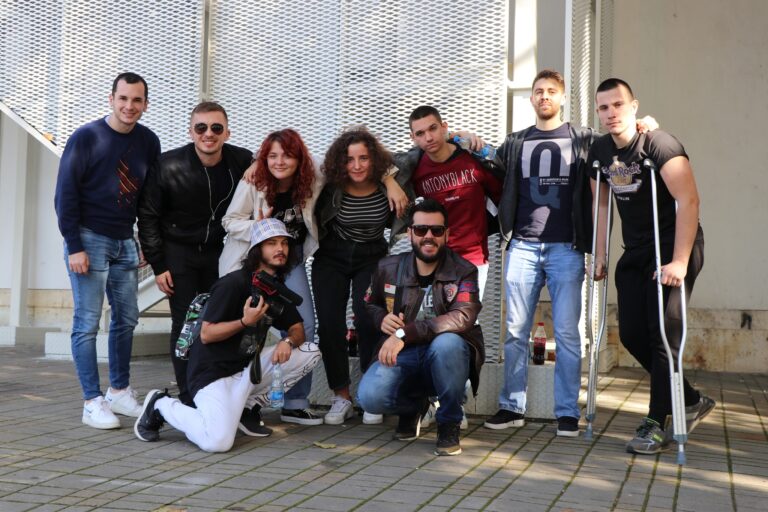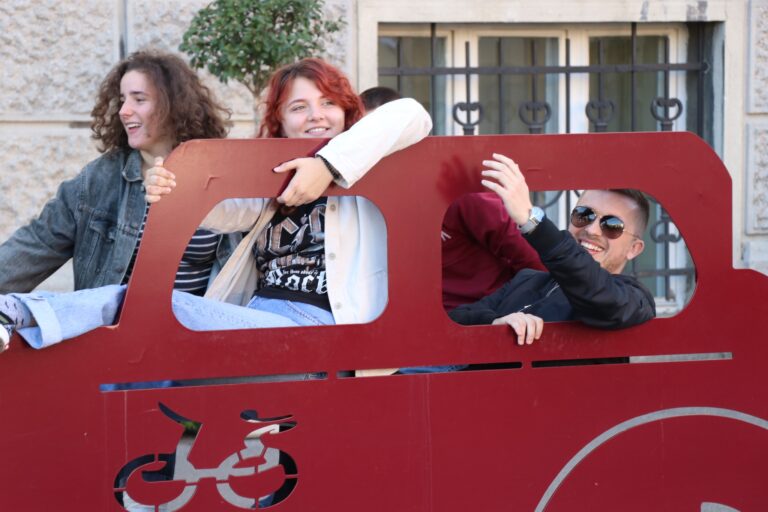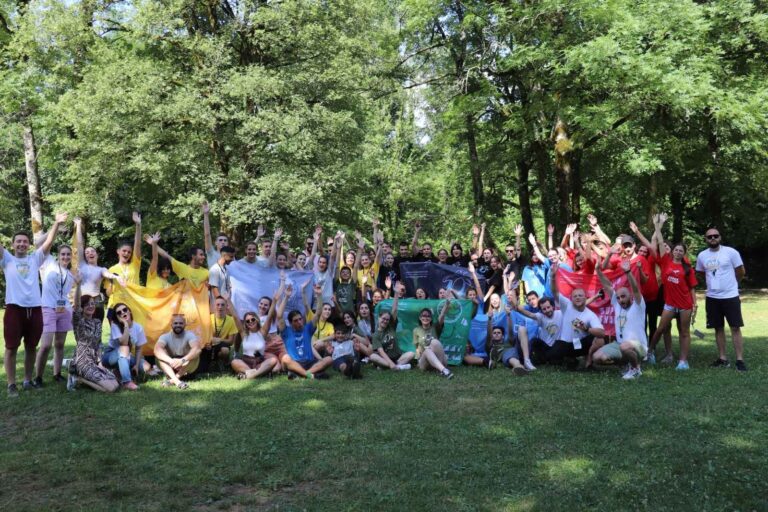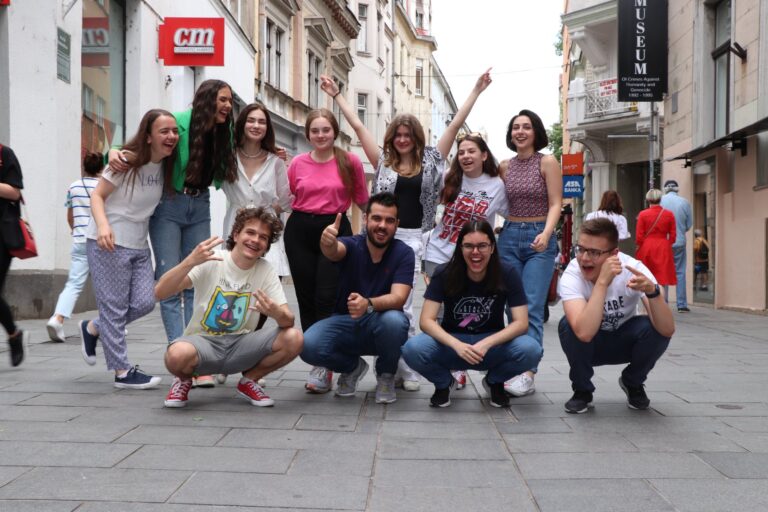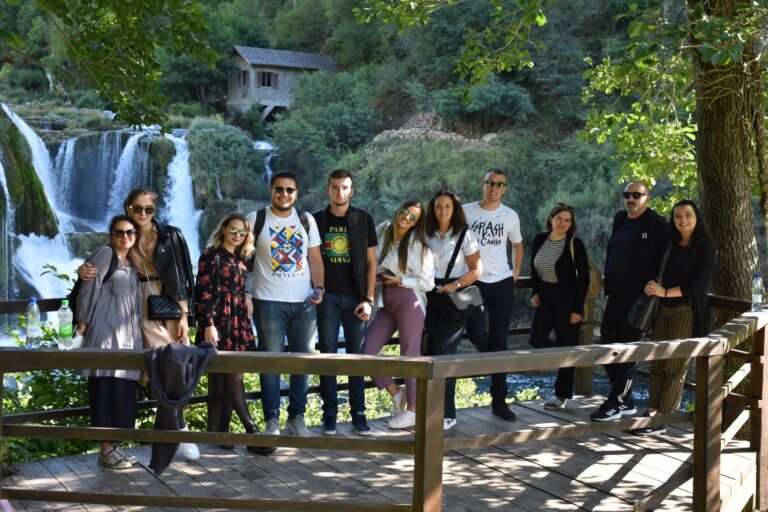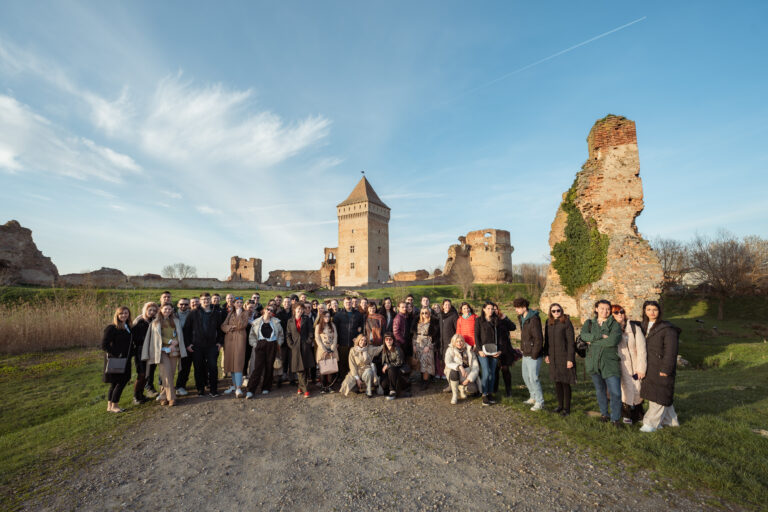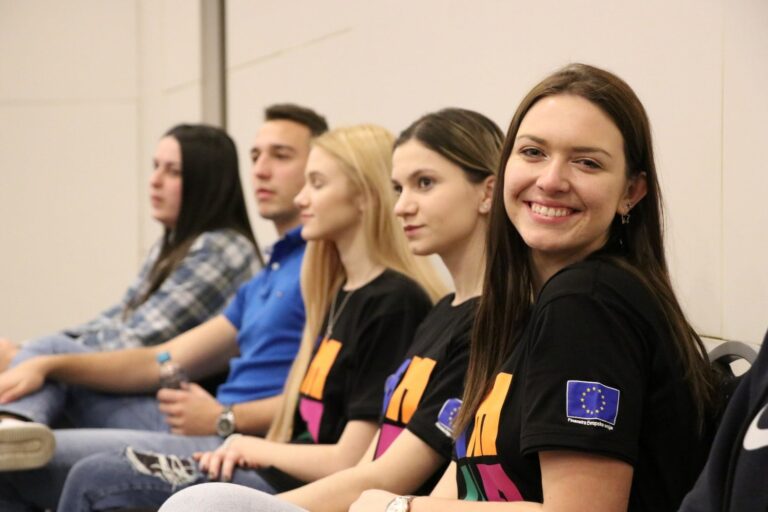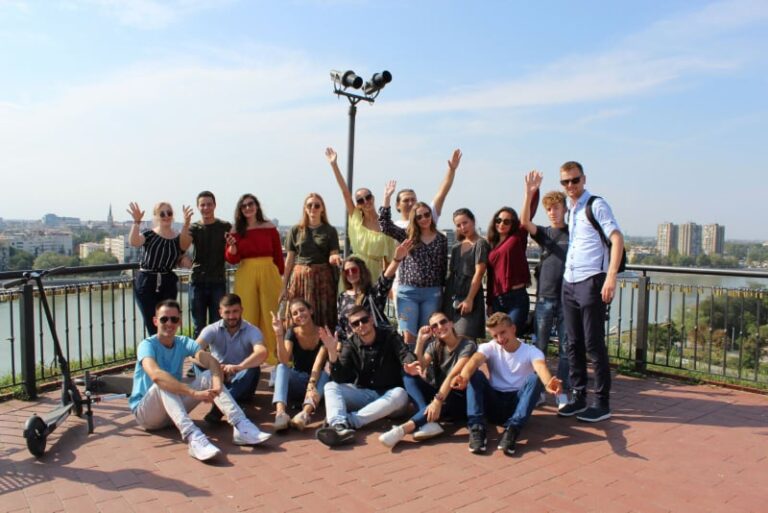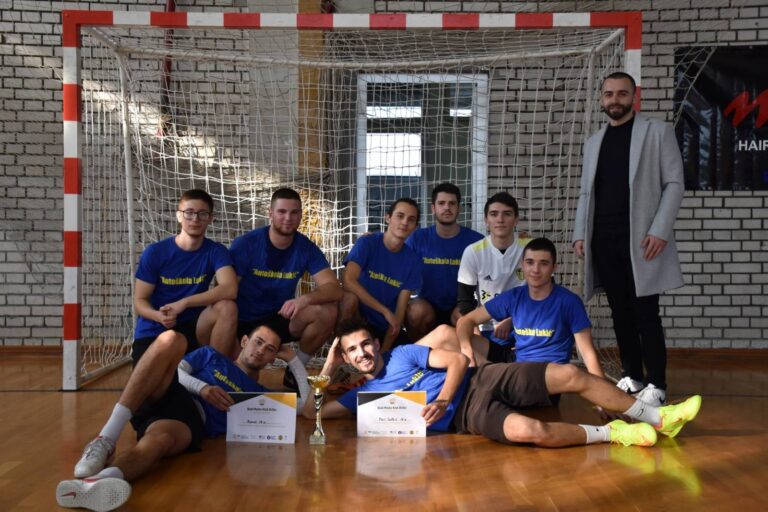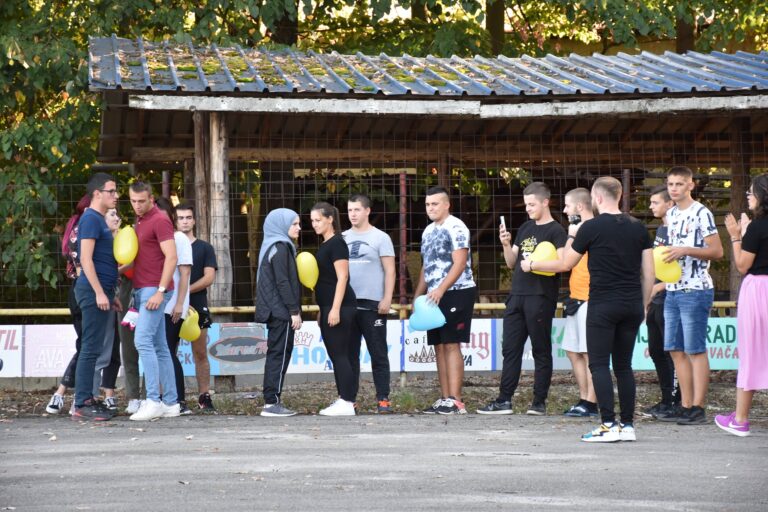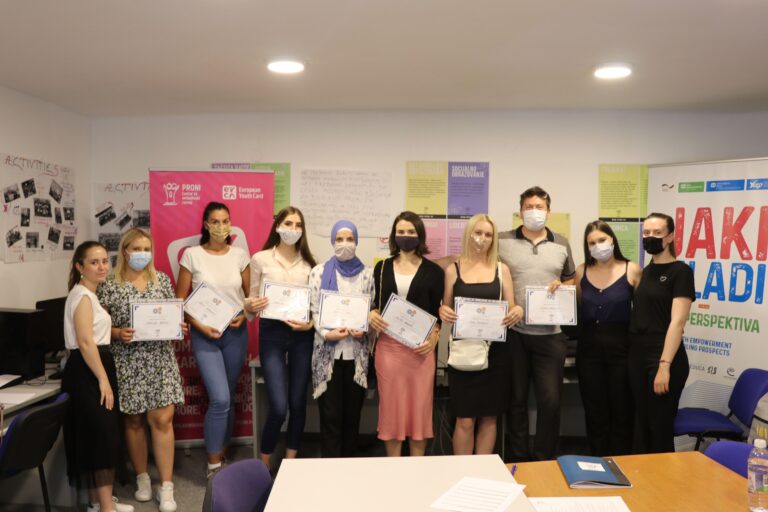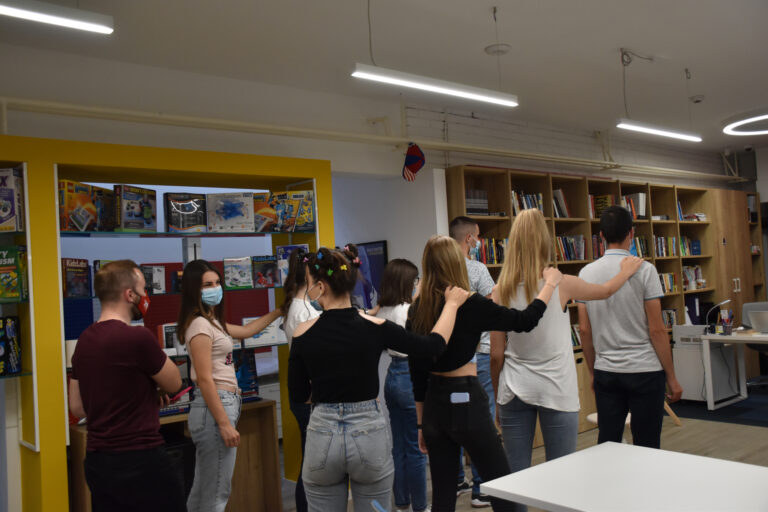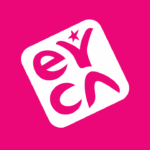This questionnaire has been designed in an effort to provide insights into the current state of youth work in the Western Balkans, identify areas for improvement, and inform future strategies and interventions to strengthen youth work initiatives across the region and their impact on young people and communities.

The survey questionnaire will take approximately 10-15 minutes to complete.
In order for you to navigate through the questionnaire easier we will provide some definitions:
YOUTH WORK
Youth work is a planned program of education or activities designed for the purpose of aiding and enhancing the personal and social development of young people through their voluntary participation with aim to engage young people with society and bring about social change in an unequal society.
YOUTH COMMUNITY OF PRACTICE
- youth workers and youth leaders
- youth work organizations
- youth work managers, project carriers, trainers
- researchers, educators of youth workers
- local communities and municipalities
- National Agencies for Erasmus+ Youth and European Solidarity Corps
- youth representations and young people
- youth policy-makers
Your participation in this questionnaire is voluntary and anonymous.
Your responses will be kept confidential and will only be used for research purposes. Please feel free to provide honest feedback without any concerns about your identity being disclosed.
Thank you for your time!
The survey is a part of the project “Unlocking Potentials of Youth Work in the Western Balkan Region” which seeks to support the quality youth work development and recognition in the Western Balkan region through multi-country cooperation, networking and design of innovative practices. The project is implemented by Forum MNE (Montenegro) in partnership with Youth for Social Change (Albania), Human Rights Education Youth Network (Belgium), PRONI Center for Youth Development (Bosnia and Herzegovina), NGO THY (Kosovo), Union for Youth Work (North Macedonia), and National Association of Youth Workers – NAPOR (Serbia).
The project is financially supported by the European Union.
Views and opinions expressed are however those of the authors only and do not necessarily reflect those of the European Union or the European Education and Culture Executive Agency. Neither the European Union nor the European Education and Culture Executive Agency can be held responsible for them.
